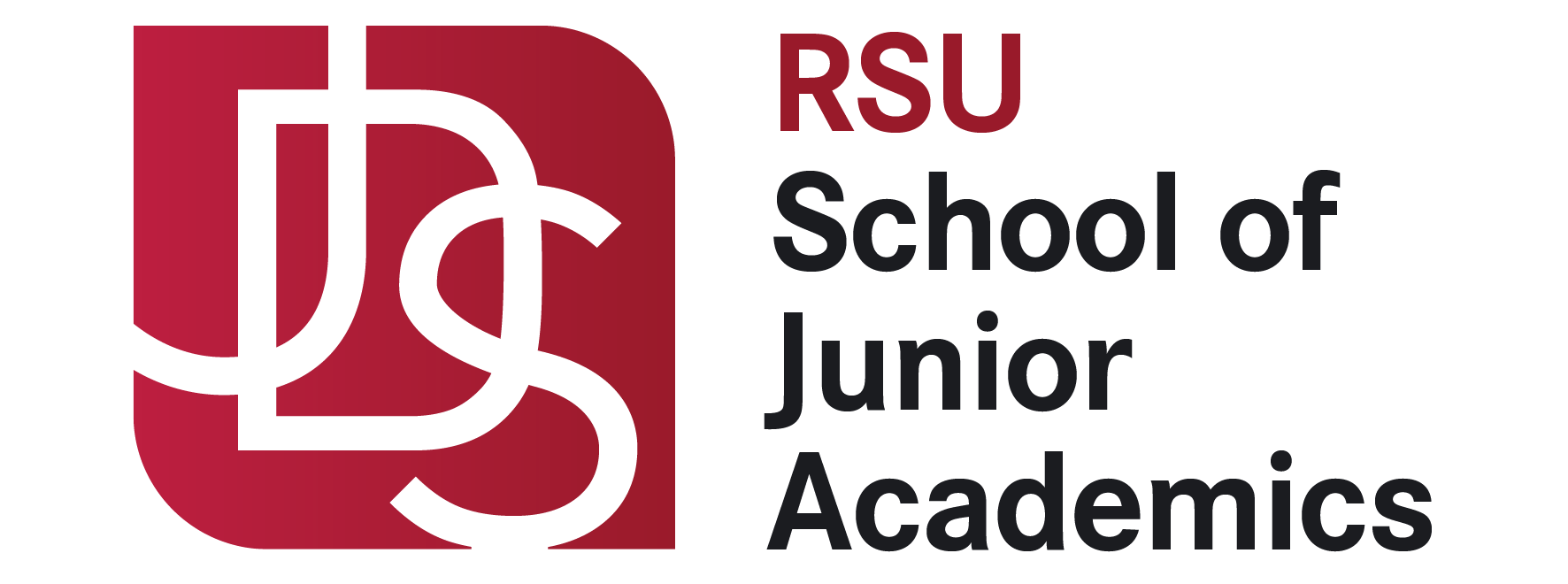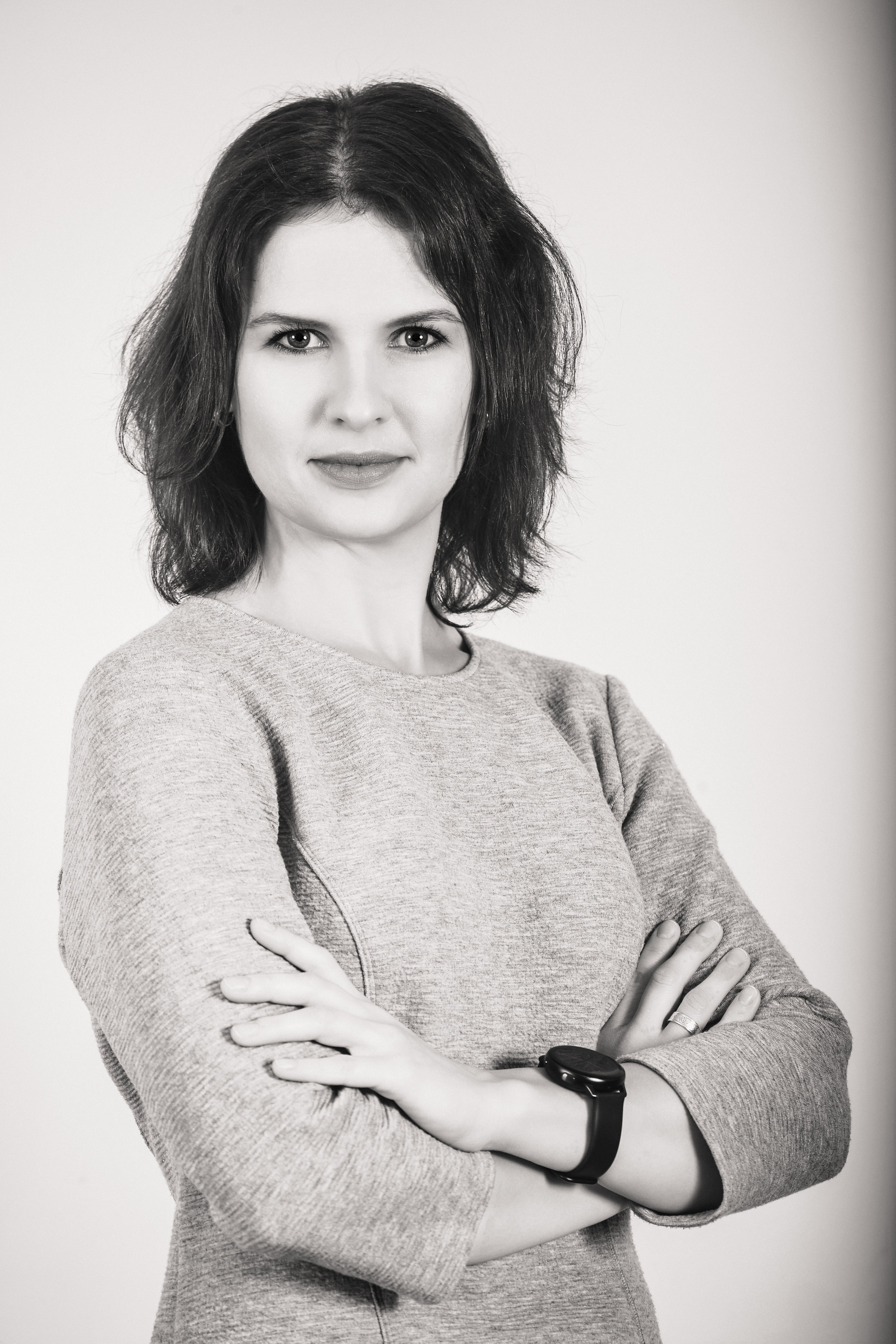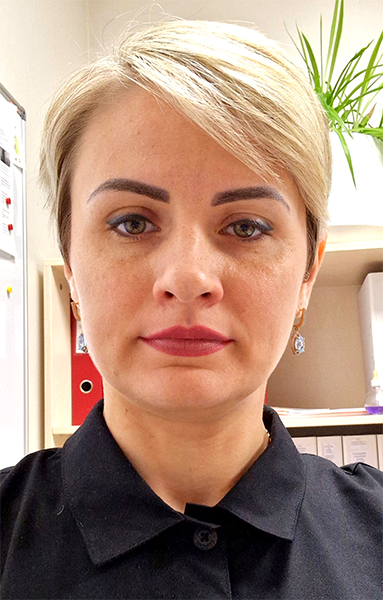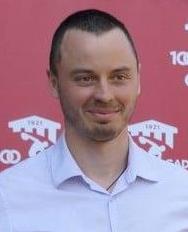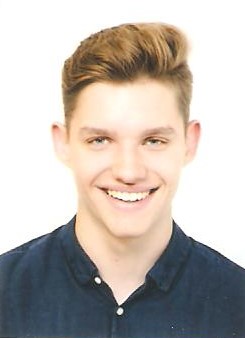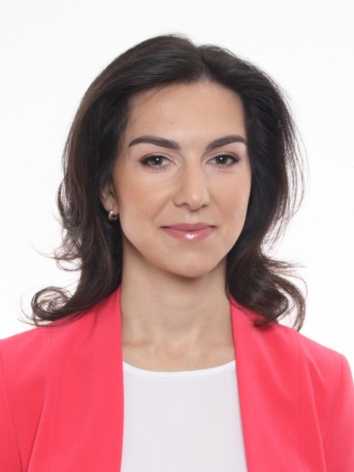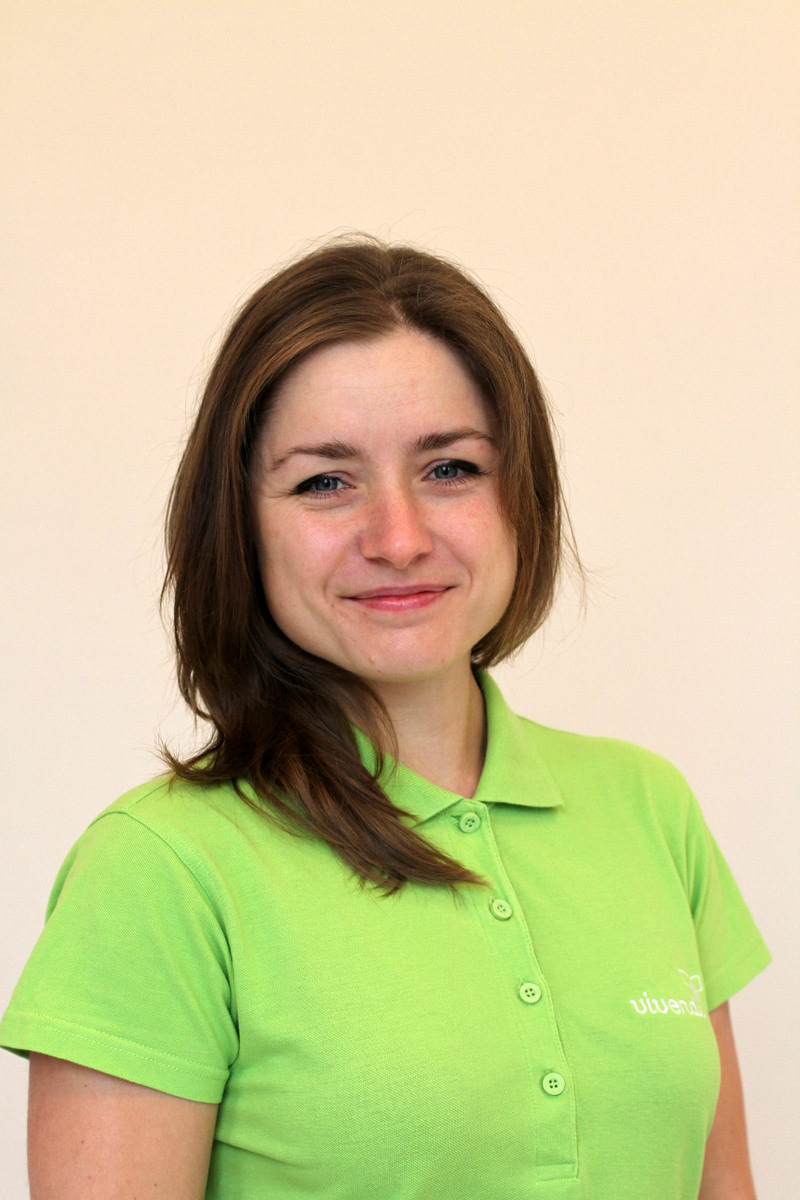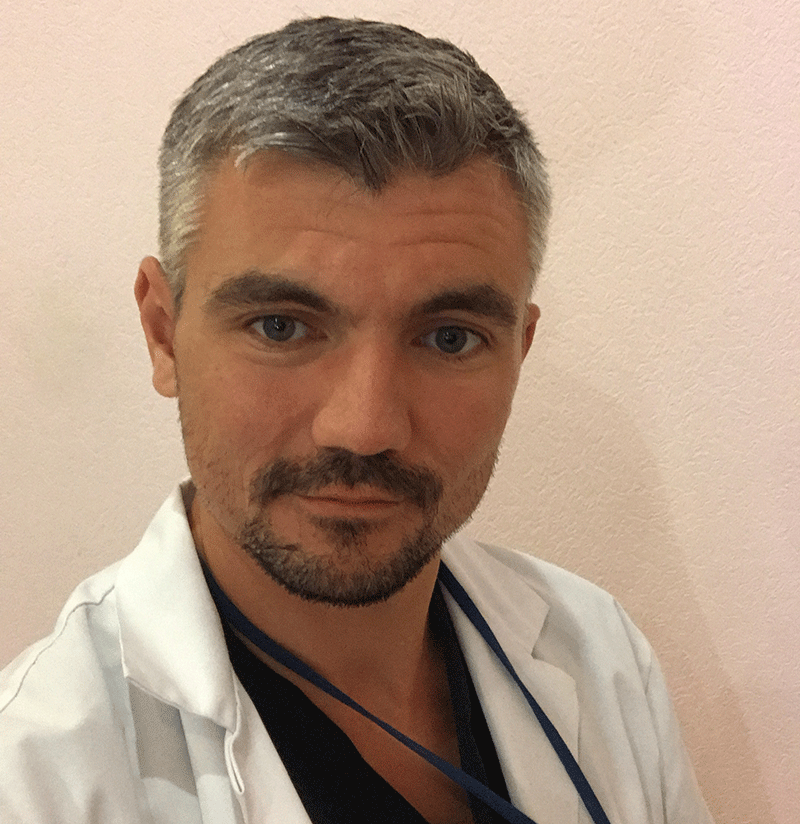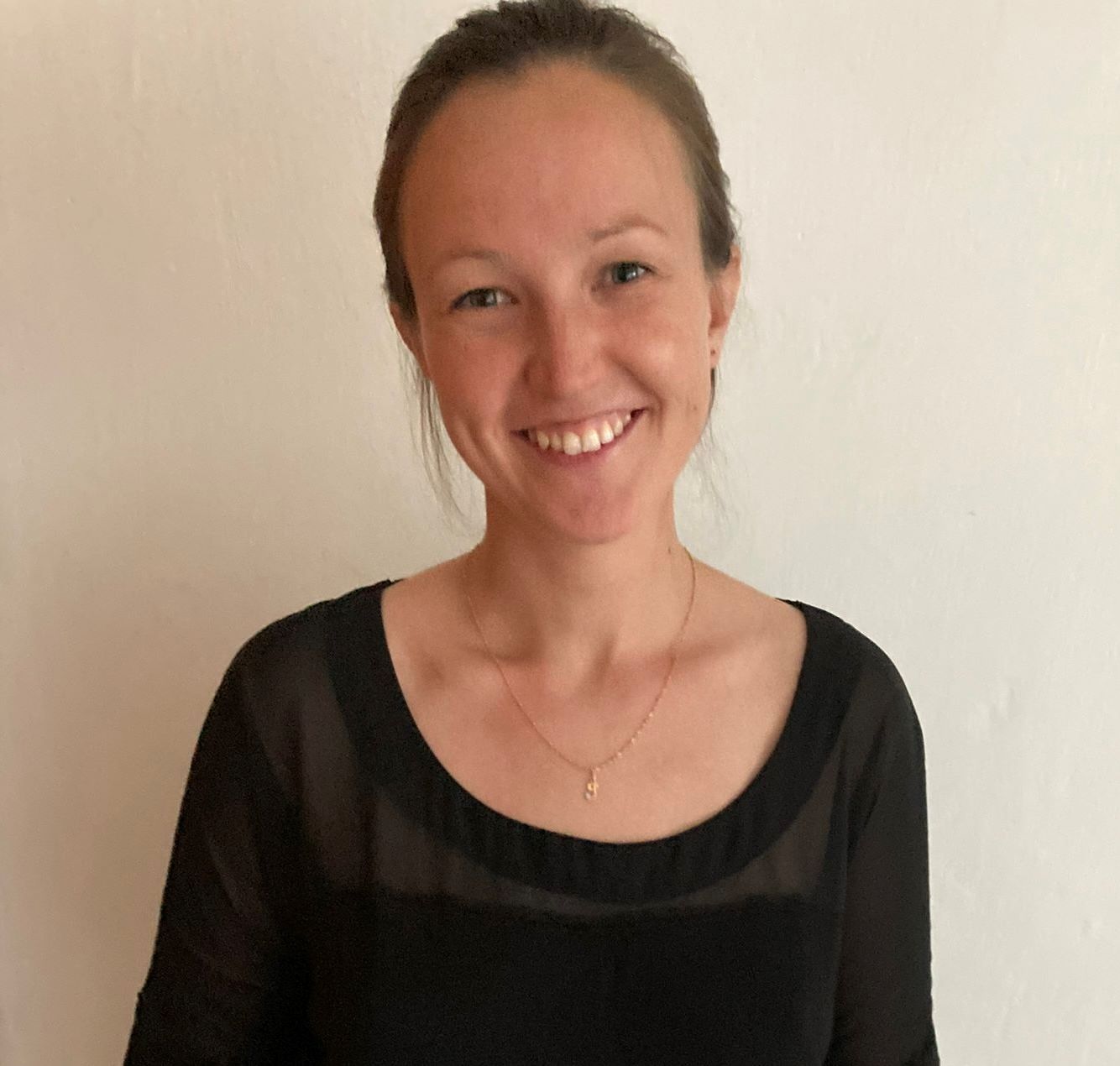School of Junior Academics
The School of Junior Academics (SJA) was established in 2019 as part of the European Social Fund project ‘Capacity Building of Rīga Stradiņš University Academic Staff’. The SJA works as a support platform for practical and active mutual learning and collaboration with colleagues from different departments. Junior academics enrich their theoretical knowledge, skills and generate new ideas on how to contribute to the quality of studies and their own development at RSU.
The establishment of the SJA was based on serious preparatory work, research into the content and form of similar support programmes in other parts of the world, and analysis of scientific studies on the functioning and added value of similar programmes in strengthening the academic capacity of universities. International educational guidelines and trends were also considered, covering the experiences of 16 countries in total. Finally, once a very concrete SJA concept with a thematic framework had been developed, it was validated with the heads of several RSU departments in order to tailor the SJA to the learning needs of new RSU academics and to contribute to the targeted growth of the RSU. With each successive SJA, the content and format of the training is adapted to the learning needs of the specific group. This tailor-made support programme for junior academics is the first and only one of its kind in Latvia.
The aim of the School of Junior Academics is to support academic staff in developing their pedagogical competence and to strengthen their professional skills in working with students.
By the end of the School of Junior Academics, graduates will be able to:
- describe student-centred learning approaches, select appropriate strategies, methods and techniques and evaluate them in the context of pedagogical objectives,
- develop their own teaching approach based on student-centred learning and the RSU development strategy,
- explain the principles of backward design, formulate the learning outcomes, align them with the assessment system and learning and teaching methods and techniques,
- differentiate between different types of assessment and select the most appropriate one to test the learning outcomes achieved by students,
- use different digital tools to enhance the learning process and develop interactive learning content,
- reflect on personal teaching experiences, analyse pedagogical practices and propose solutions to improve teaching effectiveness and students' learning experience.
How SJA works
For 4 months, academics with up to 5 years of teaching experience are given the opportunity to learn with and from experienced RSU academics, Centre for Educational Growth colleagues, external experts and one another. The School of Junior Academics uses a blended learning setting. Participants meet face-to-face or online once a week.
To successfully complete the School of Junior Academics, participants must meet the following criteria:
- Attend at least 70% of sessions.
- Develop an individual learning and teaching approach during the programme.
Peer learning
SJA participants develop their competences through peer learning to ensure the quality of the study process in different forms of study organisation: face to face, blended, online - to be prepared for all educational challenges. In addition, during the sessions, participants have the opportunity to work in small groups on challenging and real situations that may arise in the study process, thus discovering the traditions of different academic departments in promoting learning and teaching, and having the chance to think together about new solutions to improve the quality of studies.
Learning and teaching strategies
Student-centred, research-based and active learning are RSU's leading learning and teaching strategies, and SJA participants not only study them in depth, but also experience, validate and evaluate the methods themselves, so that they can be immediately integrated into their study courses.
Exchange of experience
One of the golden rules is to foster a culture of collegiality and a sense of belonging to RSU. Each SJA has participants from almost 20 academic departments, and during the SJA they not only get to know each other, but also share best practices, tackle different challenges and visit each other to observe lectures and classes.
Messages from SJA alumni to future SJA participants
The School of Junior Academics is a great opportunity for academics to grow and develop in a safe and positive environment where they can discuss freely and talk about both good and challenging experiences and issues.
I definitely recommend that you prepare as much as you can before each session, even if it is just thinking about what you want to get out of the topic and actively engaging with your own questions and examples. The more present you are in the sessions, the more you will get out of them.
I was pleasantly surprised at how relaxed the whole course was and how many practical suggestions and tools were offered. Each lesson and the course as a whole flew by and just when it seemed we were halfway through, the course was coming to an end.Mirdza Kursīte, Institute of Public Health
The School of Junior Academics is not only an opportunity to enhance one's teaching skills but also a valuable time for reflection on how to create an engaging and effective learning environment for students. This program helped me see the teaching process from a new perspective, receive valuable feedback, and share experiences with colleagues.
I realized that teaching is not just about me as an instructor—it is primarily about the students, their needs, motivation, and how to create an environment that fosters understanding, engagement, and a genuine desire to learn. Every academic staff should go through this journey of self-discovery in this school to understand their role in the academic environment and develop the skills that help students learn more effectively.Evija Nagle, Statistics Unit
Be prepared to invest a little time before and after each SJA session – the benefits will surprise you!
Mārtiņš Veispals, RSU Latvian Academy of Sport Education
The School of Junior Academics provides a valuable opportunity to develop and refine one's approach to teaching and learning. During SJA sessions, as I explored various tools and methods, I realized the importance of gradually seeking and identifying the most effective approaches that best align with my teaching style. SJA encouraged me to think outside the box, fostering the emergence of new ideas and the search for practical solutions to improve the courses I teach.
After completing SJA, I have a much clearer vision of how to effectively develop a student-centered approach, which is the foundation of education at RSU.
To future JDS participants, I strongly recommend being active—ask questions, share experiences, and engage in discussions—because active participation opens doors to new opportunities and valuable insights. The more you get involved, the richer your experience will be.
SJA is a fantastic place to connect with colleagues from different faculties and draw inspiration from their experiences. Over time, these weekly meetings turn into meaningful exchanges of ideas and collaborations. By the final session, you truly feel like part of a close-knit community that you don’t want to leave.Mārtiņš Zvackis, Institute of Public Health
I believe my fellow graduates would agree that after completing the School of Junior Academics, we don’t just feel like beneficiaries, the chosen ones, or the lucky ones… We carry a great responsibility toward our students, colleagues, and the university in everything we do—whether in the classroom, the laboratory, online sessions, or the e-learning environment!
Santa Bormane, Faculty of Social Sciences
When SJA began, my mind was overwhelmed with many questions and emotional ups and downs. Gradually, however, through reports from SJA academic staff, group work, and discussions with SJA colleagues, new ideas began to emerge about how to find answers to my own questions as you are given different tools to use. The emotional turmoil calms down and a clearer vision of how you want to and can work as a lecturer emerges. Also, at SJA you meet a lot of really cool lecturers from different faculties at the RSU.
Zane Rožkalne, Department of Rehabilitation
First of all, be sure to apply and be open to new information, exchanges and a good atmosphere! The information provided by the SJA is useful at any age and in any teaching capacity! Secondly, don't be afraid to apply for 2 hours a week - this can be done while working full time. Thirdly, be prepared for the classes, both face-to-face and online, to be so exciting and engaging that it is simply not possible to do any other work at the same time!
Jūlija Zepa, Department of Internal Diseases
The SJA will take you out of your comfort zone! It is very useful for a lecturer to look at the process through an intelligent mirror that contains various modern tools for effective teaching. New SJA participants will identify their shortcomings and receive support to improve and streamline them.
Jana Bernadska, Faculty of Rehabilitation
Everything was straightforward and clear. You could see the usefulness of the programme if you were a lecturer and have confidence from the start that you would be able to complete the programme and fit the class times around your busy work schedule. It was good that there was a clear minimum to do and lots of resources to use when there was time or to access later when the need arose.
Mihails Dolguševs, RSU Liepāja branch
Before starting SJA, ask yourself: Why am I teaching the courses I am teaching? And keep your mind as open and critical as possible during class, both of the SJA content and of your own work as a lecturer. Because not all SJA information can/should be immediately put into practice in your study courses, but there are many subtle nuances that can be changed and implemented.
Guna Semjonova, Department of Rehabilitation
News
In the media
Interview with Nora Jansone-Ratinika about SJA. HigherEd in Practice, a podcast series from the European University Association (October 2023)
About the project
The School for Junior Academics was developed within the framework of the project 'Capacity Building of Rīga Stradiņš University Academic Staff' No 8.2.2.0/18/A/013.

Related news
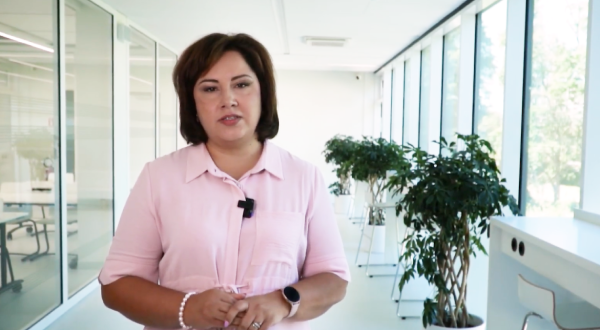 Sustainability as an integral part of the learning process: a lecturer’s experienceSustainable Development, Pedagoģiskā izaugsme
Sustainability as an integral part of the learning process: a lecturer’s experienceSustainable Development, Pedagoģiskā izaugsme